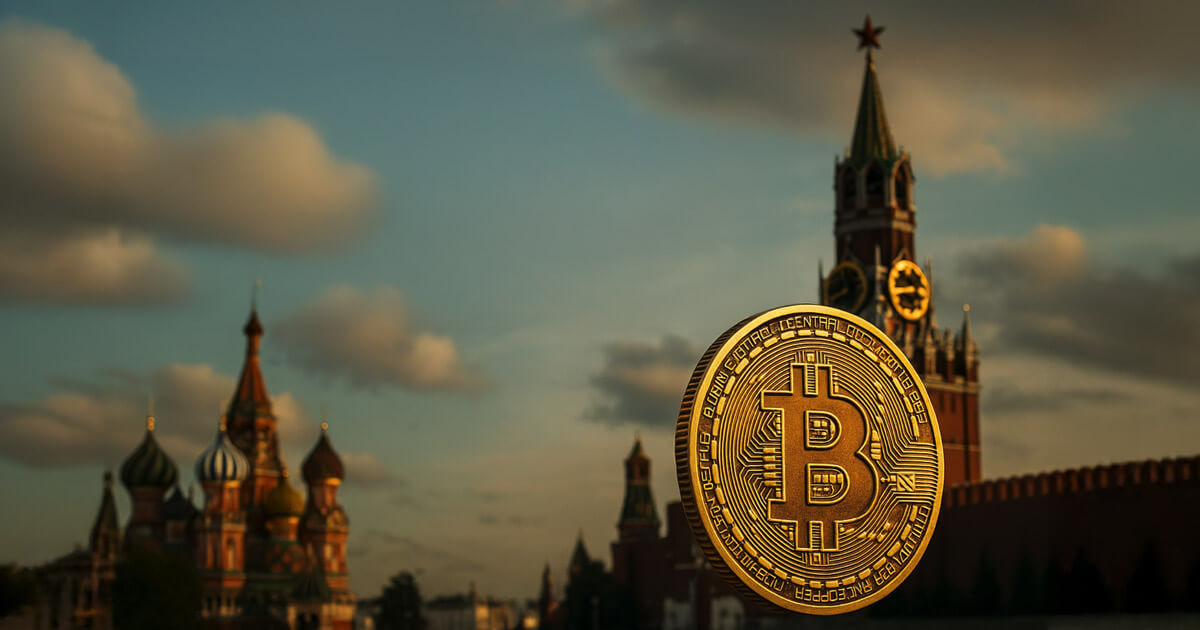
Russian authorities are intensifying their crackdown on domestic crypto payments with a new bill that proposes steep penalties and asset seizures.
According to local reports, the Ministry of Finance and the Central Bank have jointly submitted draft legislation that could see individuals fined up to 200,000 rubles and companies penalized up to 1 million rubles (approximately $12,500) for using crypto within the country.
The Russian Central Bank’s legal director, Andrei Medvedev, said the bill formalizes existing restrictions and reinforces the state’s position that using digital assets for local payments is illegal.
Medvedev noted that although the current legal code already discourages such activity, the proposed legislation adds a framework for enforcement.
In addition to financial penalties, the bill gives regulators the authority to confiscate any digital assets used in these unauthorized transactions.
This move reaffirms Russia’s stance against using crypto for everyday transactions, even though the country has been using these assets for international trades to bypass Western sanctions.
Russia is cooperating with crypto exchanges
Meanwhile, Russian regulators have warned industry participants not to assume crypto’s anonymity feature will protect them and allow them to break local laws.
Olga Tisen, head of Rosfinmonitoring’s legal department, stated that exchanges operating in Russia routinely provide user data when requested by authorities.
Tisen emphasized that these practices align with global compliance standards, refuting the common belief that crypto transactions are completely anonymous. She cited Binance as an example, pointing to a dedicated portal on its website for communication with Russian law enforcement.
She said:
“All crypto exchanges and exchangers that have at least one representative office in Russia also interact with law enforcement agencies, providing information about the owner of the crypto wallet.”
The approach underlines the country’s increasing surveillance of digital assets despite its parallel efforts to harness their potential.
The authorities have kick-started plans to develop a national crypto exchange for high-net-worth individuals and cross-border settlements. The proposed exchange will operate under an experimental legal regime, allowing foreign trade participants to use digital assets in international deals.


